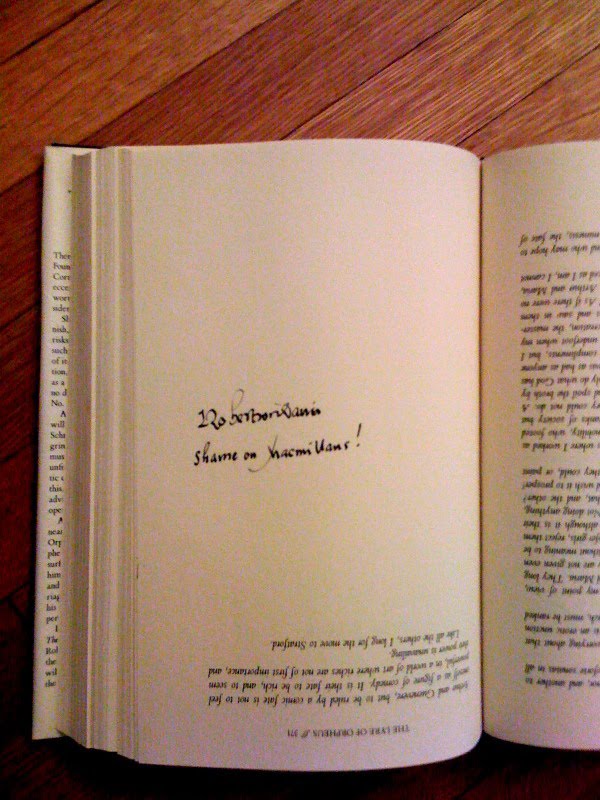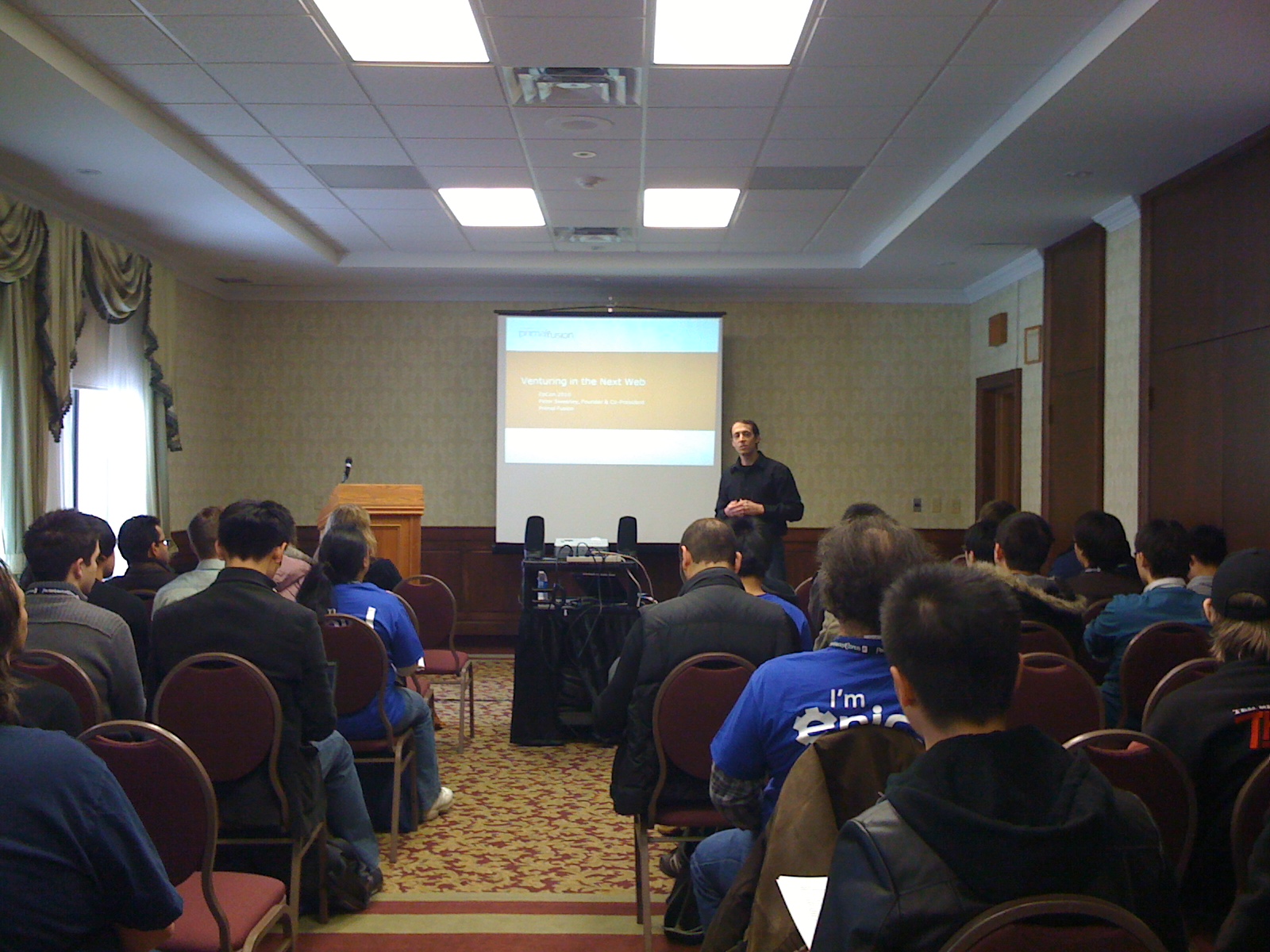One of the things that strikes me about the iPad that Apple introduced last week is the name. It’s attracted a fair amount of derision and ridicule, just as the iPhone has drawn flak in some circles for its being such a closed, tightly controlled system.
(I should make it clear at this point that I myself love Apple’s products and have been using them for two decades.)
To me, though, the iPad name (and, by extension, the whole iPad/iPhone family of products) harkens back to work done at Xerox PARC in the late 1980s and early 1990s on ubiquitous computing. That term was coined by the late Mark Weiser and it’s an area that he helped define. Here’s a great prediction from Wesier in 1988:
For thirty years most interface design, and most computer design, has been headed down the path of the “dramatic” machine. Its highest ideal is to make a computer so exciting, so wonderful, so interesting, that we never want to be without it. A less-traveled path I call the “invisible”; its highest ideal is to make a computer so imbedded, so fitting, so natural, that we use it without even thinking about it. (I have also called this notion “Ubiquitous Computing”, and have placed its origins in post-modernism.) I believe that in the next twenty years the second path will come to dominate. But this will not be easy; very little of our current systems infrastructure will survive. We have been building versions of the infrastructure-to-come at PARC for the past four years, in the form of inch-, foot-, and yard-sized computers we call Tabs, Pads, and Boards. Our prototypes have sometimes succeeded, but more often failed to be invisible. From what we have learned, we are now exploring some new directions for ubicomp, including the famous “dangling string” display.
Note that Tabs were envisioned as quite-small computing devices, much like the current iPhone or iPod Touch. Pads were somewhat larger, much like the new iPad. Boards were larger-still, wall-mounted smart boards, or perhaps like today’s Microsoft Surface. 20-plus years later, Apple is delivering on the vision of ubiquitous computing with an ever-evolving suite of products and services. (Many observers also point back to Apple’s Newton MessagePad of the early 1990s as an ancestor of the current Apple products.)
My take, and it’s not a particularly clever or original one, is that the iPad, like the iPhone before it, isn’t meant to be seen as a general purpose computer. It’s an appliance for which the user doesn’t need to be aware of what’s going on under the hood — the computer is invisible. iPad users just get stuff done anywhere and at any time. Moreover, iPad is part of a larger Apple ecosystem that includes the iPhone and traditional Macs, but also a suite of cloud-hosted services that Apple is long-rumoured to have been working on.
The better these devices can deliver services invisibly and ubiquitously, the better the experience will be for many people. Not all people, of course — many will still opt for more open systems and solutions. There will always be other options available, from companies such as Google, but Apple’s direction is an important one.





